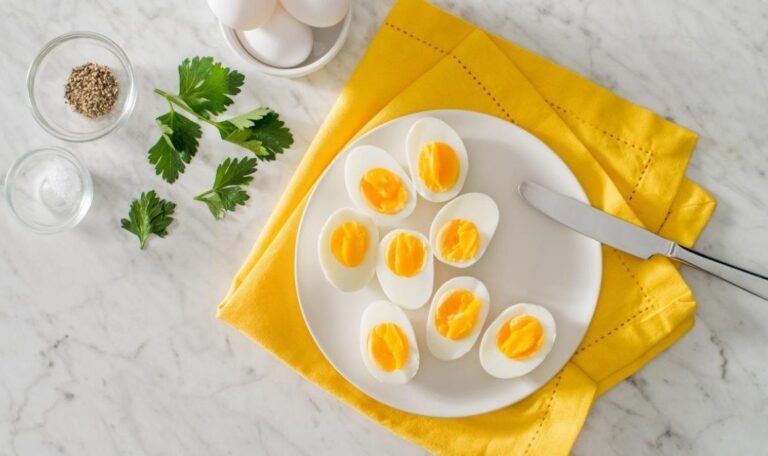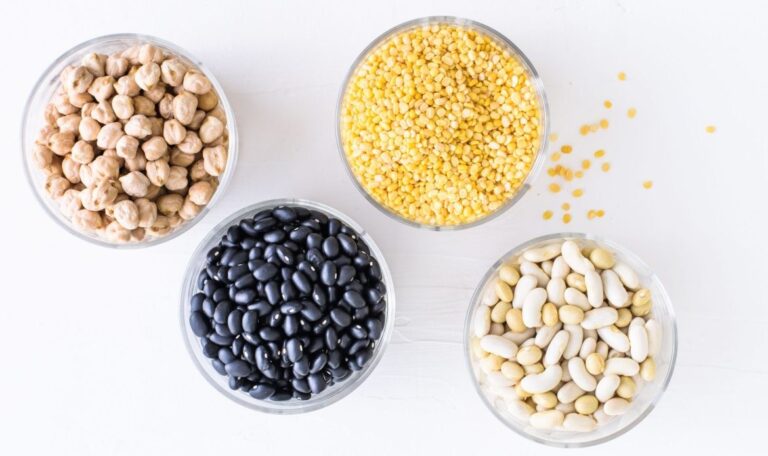Healthy eyes depend on nutrition. People often think that visual impairment is an inevitable consequence of aging or eye strain.
A healthy lifestyle can greatly decrease the risk of eye problems.
An Age-Related Eye Disease Study (AREDS) which is published in 2001 found that there are many kinds of foods for maintaining the health of the eyes.
Those foods include different nutrients such as; Zinc, copper, vitamin C, vitamin E, and beta-carotene reduce the risk of age-related impairment in eye health by 25 percent.
Also, these foods have other items like; Omega-3 fatty acids, zeaxanthin, lutein, and beta-carotene.
In this article, we would discuss 13 nutrient-rich eye health foods.
We would also have a look at other tips and warning signs for healthy eyes.
Indispensable foods for healthy eyes
Maintaining a balanced and healthy diet is a necessity to keeping your eyes in a good health.
It may help reduce your risk of having eye diseases.
Serious eye diseases can be avoided if you eat foods that contain a combination of vitamins, nutrients, and minerals, known as antioxidants.
There are many eye diseases that you may be able to prevent with a healthy diet, and they include:
- Cataracts, which result in blurry vision.
- Age-related macular degeneration, which can limit your eyesight.
- Glaucoma.
- Dry eye.
- Nyctalopia.
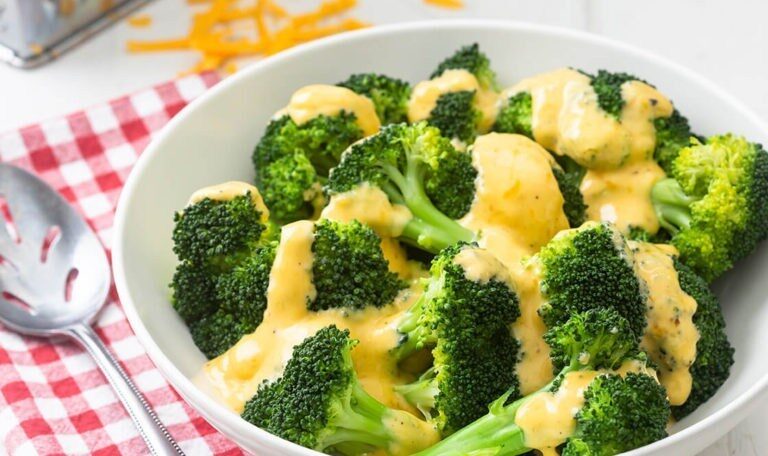
Try to eat many types of foods with different colors. You should limit your intake of unhealthy foods that are processed, contain saturated fats, or are high in sugar.
13 of the best foods for healthy eyes
Here are 13 of the best foods for eye strength.
Most of them are available throughout the year, so they can be eaten at any time.
You can enjoy it on its own or include it in other recipes:
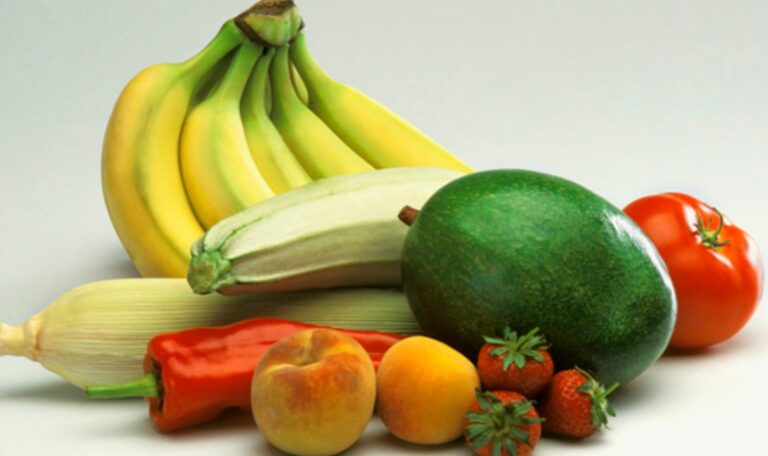
1. Fish
Fish, an especially salmon, is one of the best foods for eye health.
Salmon and other fish contain omega-3 fatty acids which are very healthy fats and try to stay away from farmed salmon.
This is because it contains more saturated fats and fewer omega-3s.
Omega-3 fatty acids can contribute to visual development and retina health so they make healthy eyes.
It can also help prevent dry eyes.
2. Eggs
Eggs are one of the most important foods for eye health and all body organs generally.
Egg yolks contain vitamin A, lutein, zeaxanthin, and zinc, all of which are vital to eye health.
Vitamin A protects the cornea, the surface of the eye, while lutein and zeaxanthin work to prevent serious eye diseases such as age-related macular degeneration and cataracts.
Zinc also contributes to the health of the retina, the back of the eye, and zinc helps improve night vision.
3. Almonds
Nuts and all other types of seeds are among the most important foods for eye health.
For example, almonds contain vitamin E.
This vitamin protects your eyes from unstable molecules that target healthy tissues.
Consuming regular amounts of vitamin E can help prevent age-related macular degeneration as well as cataracts.
Your daily dose of vitamin E shouldn’t be less than 15 mg, and you can find 23 mg in one serving of almonds.
Other nuts and seeds that contain vitamin E include sunflower seeds, hazelnuts, and peanuts.
You can enjoy almonds as a snack at any time, but you should remember to watch the portion size because almonds are high in calories.
So try to limit your intake to a maximum of one or two times a day in order not to gain more weight.
4. Dairy
Dairy products like milk and yogurt can be good for the eyes too.
It contains vitamin A as well as the mineral zinc.
Vitamin A protects the cornea while zinc helps vitamin A to be pulled from the liver into the eye tissue.
Zinc is found throughout the eye, especially the retina and choroid, which is the vascular tissue that lies beneath the retina.
This important mineral helps with night vision as well as preventing cataracts.
And you should try to stay away from canned or processed milk and go for fresh, organic options.
You can consume and eat dairy products throughout the day.
You can drink a cup of yogurt with a meal or enjoy it in coffee, tea, or breakfast cereal.
Yogurt is also a healthy choice for breakfast or as a snack.
This is in addition to the delicious and different types of cheese.
5. Carrots for healthy eyes
Commonly, carrots are one of the most popular foods for eye health. Like egg yolks, carrots contain vitamin A as well as beta-carotene.
Vitamin A and beta-carotene help promote healthy eye surfaces and help prevent eye infections and other serious eye diseases.
It’s easy to eat carrots throughout the day. Keep a whole carrot or a small bag of carrots on hand as an afternoon or evening snack.
6. Cabbage
Cabbage is an ideal food for many who follow a healthy diet because it contains many important vitamins, nutrients, and minerals. It is also very good for eye health, it includes antioxidants.
These nutrients may help prevent serious eye diseases such as age-related macular degeneration and cataracts.
Lutein and zeaxanthin are not produced in the body, so you should add them to your diet daily.
A 100-gram serving of cabbage includes 11.4 mg of lutein, and doctors recommend taking 10 mg daily.
Other vegetables that are high in lutein are red peppers and spinach.
Curly cabbage can be turned into crunchy chips for a snack.
7. Orange
Oranges and other citrus fruits are an essential source of vitamin C, which is one of the most important foods for the blood vessels in the eyes.
Vitamin C can combat the development of cataracts and age-related macular degeneration.
8. Raw red pepper
Red peppers give you an enormous supply of Vitamin C for every calorie. This is beneficial to the blood vessels as we mentioned previously.
This vitamin is also found in many vegetables and fruits, including Chinese cabbage, broccoli, papaya, and strawberries.
Heat breaks down vitamin C, so it is best to eat raw.
9. Sweet potato
Orange fruits like; sweet potatoes, cantaloupe, mango, and apricots are rich in beta-carotene which is beneficial to night vision and enhances the eyes’ ability to adapt to darkness.
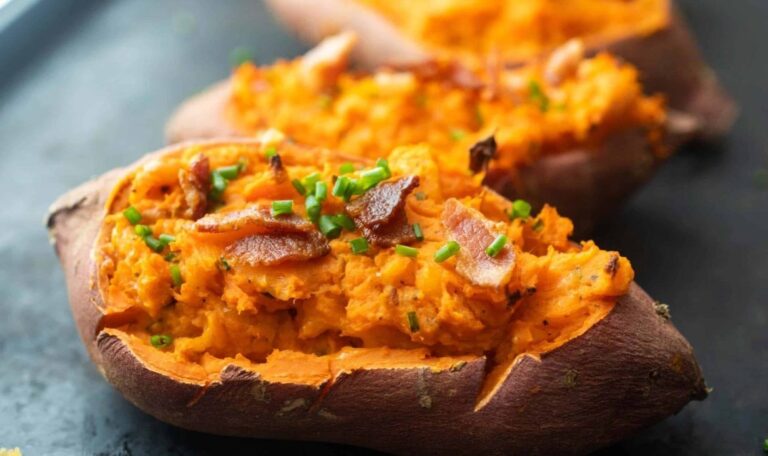
10. Fat-free meat and chicken:
Meat and poultry are a high source of zinc, which is important in facilitating the absorption of vitamin A in the retina of the eye. And some other types of food contain a lot of zinc like; oysters.
11. Legumes
If you don’t prefer to eat dairy, you can use legumes as an alternative food source because they are very rich in fiber, which helps maintain clarity of vision at night and slow macular degeneration.
Some types of legumes such as chickpeas are high in zinc, as are black peas, beans, and lentils.
12. Pumpkin
Pumpkin is at the top of the list that includes foods with a high amount of zinc and Summer squash contains vitamin C and zinc.
While the winter type gives you vitamins A and C, as well as omega-3 fatty acids.
13. Broccoli
Both broccoli and Chinese cabbage contain vitamin A, vitamin C, and vitamin E, all of them are antioxidants that protect the cells in your eyes from free radicals, unstable molecules which could break and destroy healthy tissues and lead to many eye diseases.
Other tips for eye health
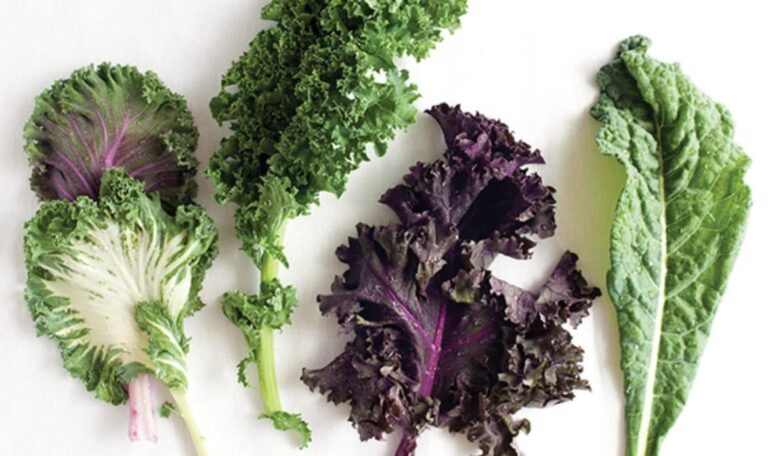
These instructions include:
- For healthy eyes Wearing sunglasses outside, as excessive exposure to the sun can cause cataracts.
- stop smoking as it could lead to glaucoma.
- Regular eye tests, especially if there is a family history of any eye diseases.
- If you’re working with potential eye irritants or dangerous chemicals, you should wear an eye shield.
- Wash hands before putting on contact lenses to have healthy eyes all the time.
- Wear contact lenses only for the period recommended by the doctor or as indicated on the product according to the manufacturer, as wearing them without any precautions could result in damage to the eyes.
- Protect the eyes from computer-related eye strain by looking away every 20 minutes from something 20 feet away for 20 seconds.
- Diabetes is a major cause of blindness and poor vision; Diabetics should carefully monitor their blood sugar levels, take medications exactly as prescribed by their doctor, and maintain carbohydrate intake with an emphasis on eating foods with a low glycemic index.
- People who notice changes in their vision should schedule a comprehensive eye exam as the early treatment could prevent many dangerous diseases in the eyes.


